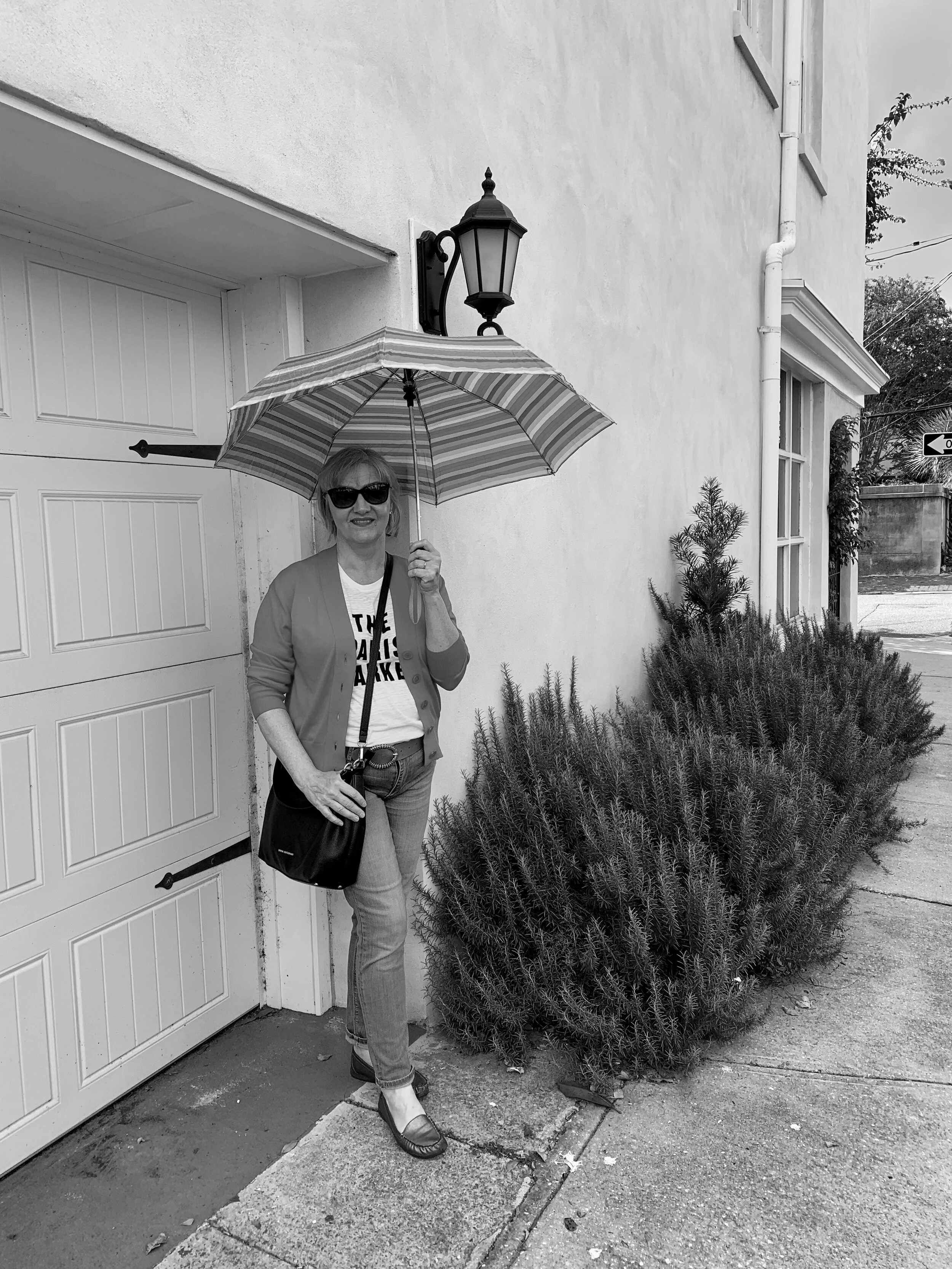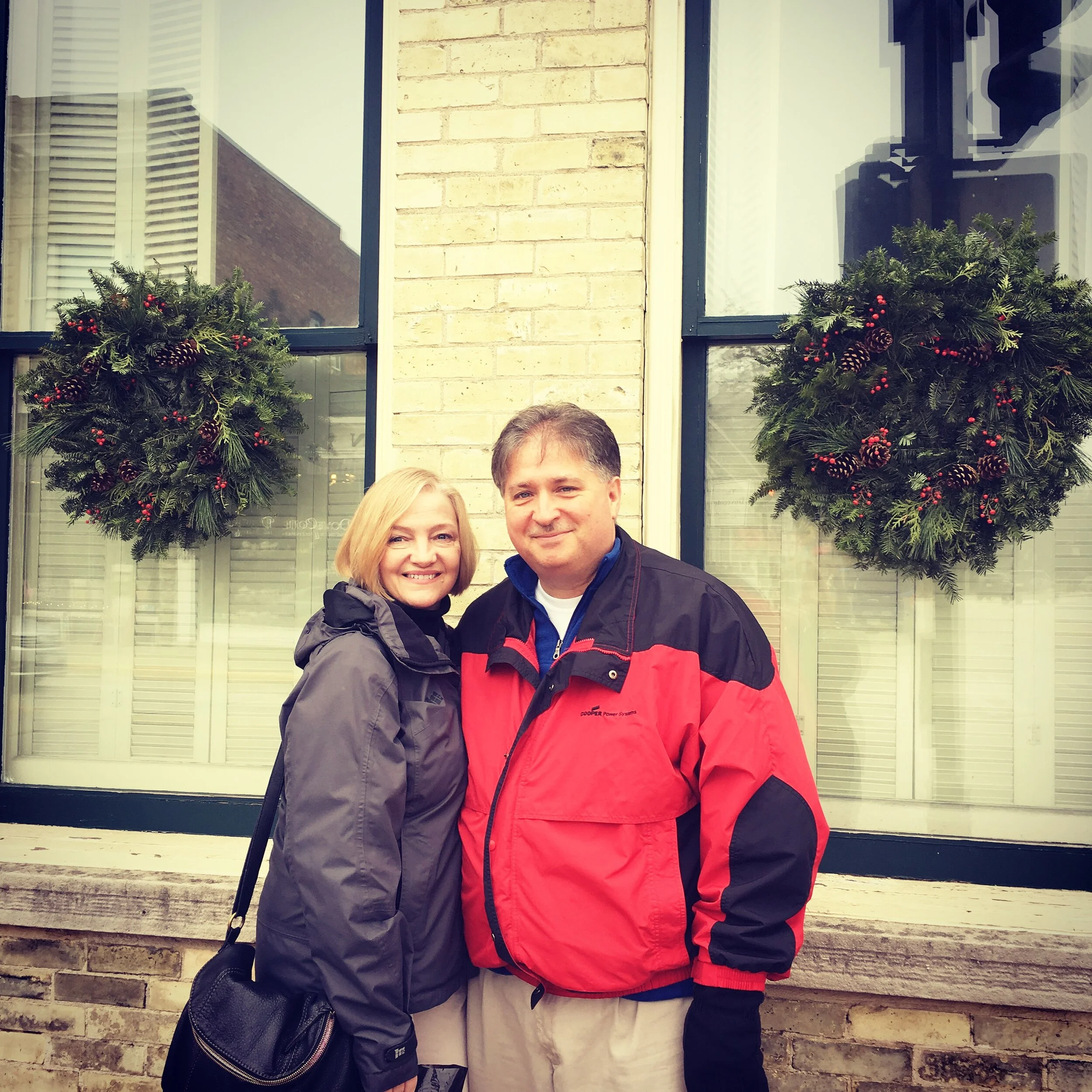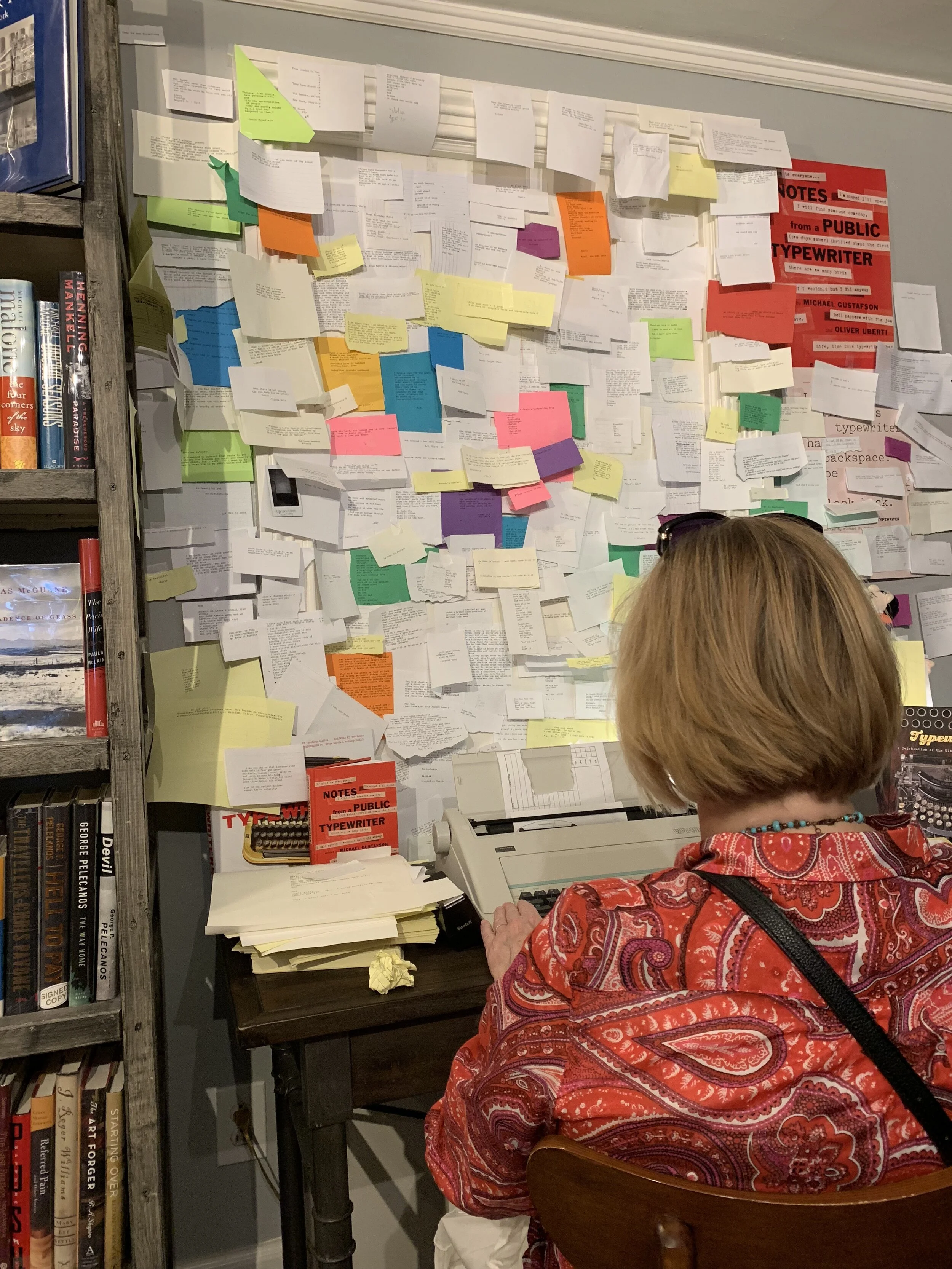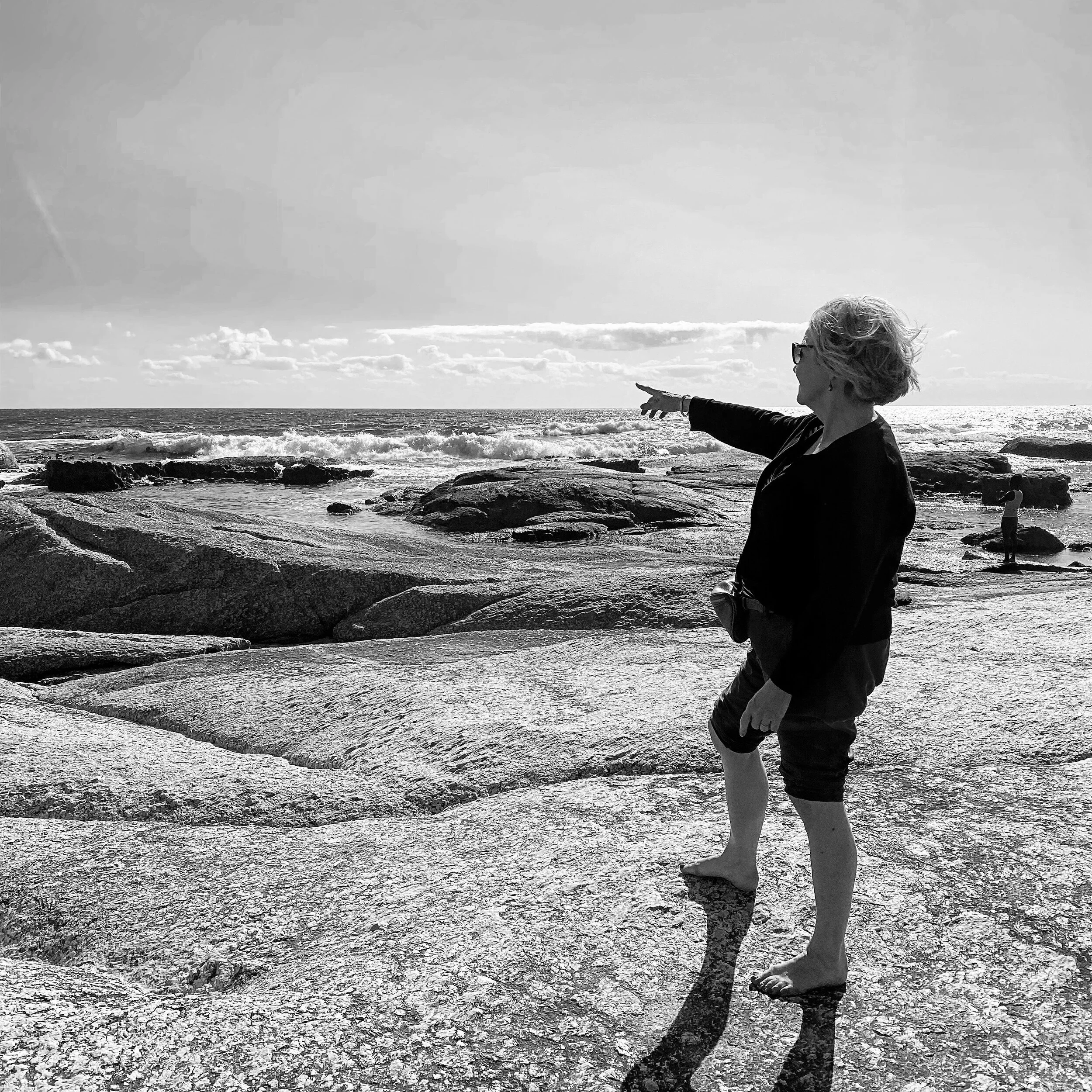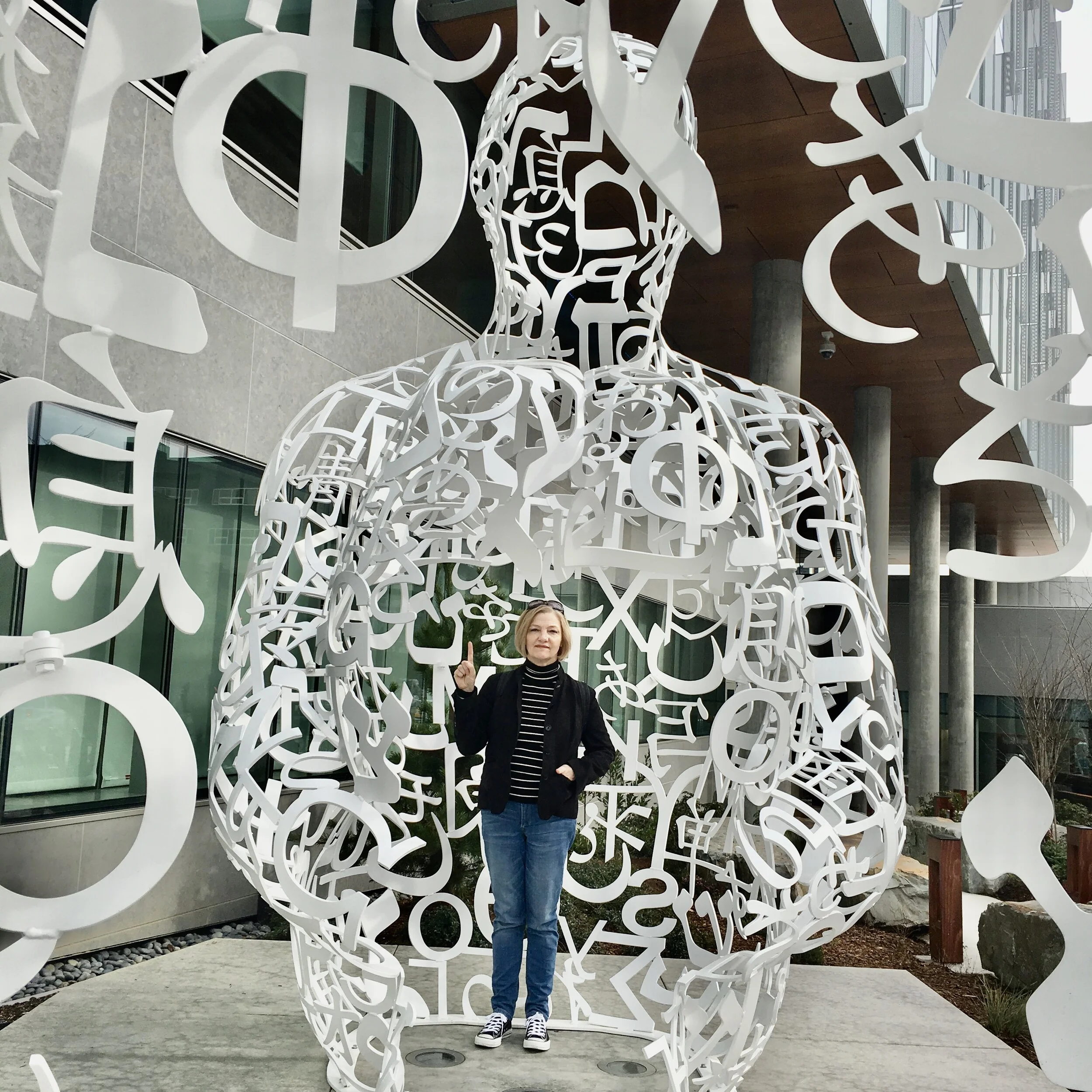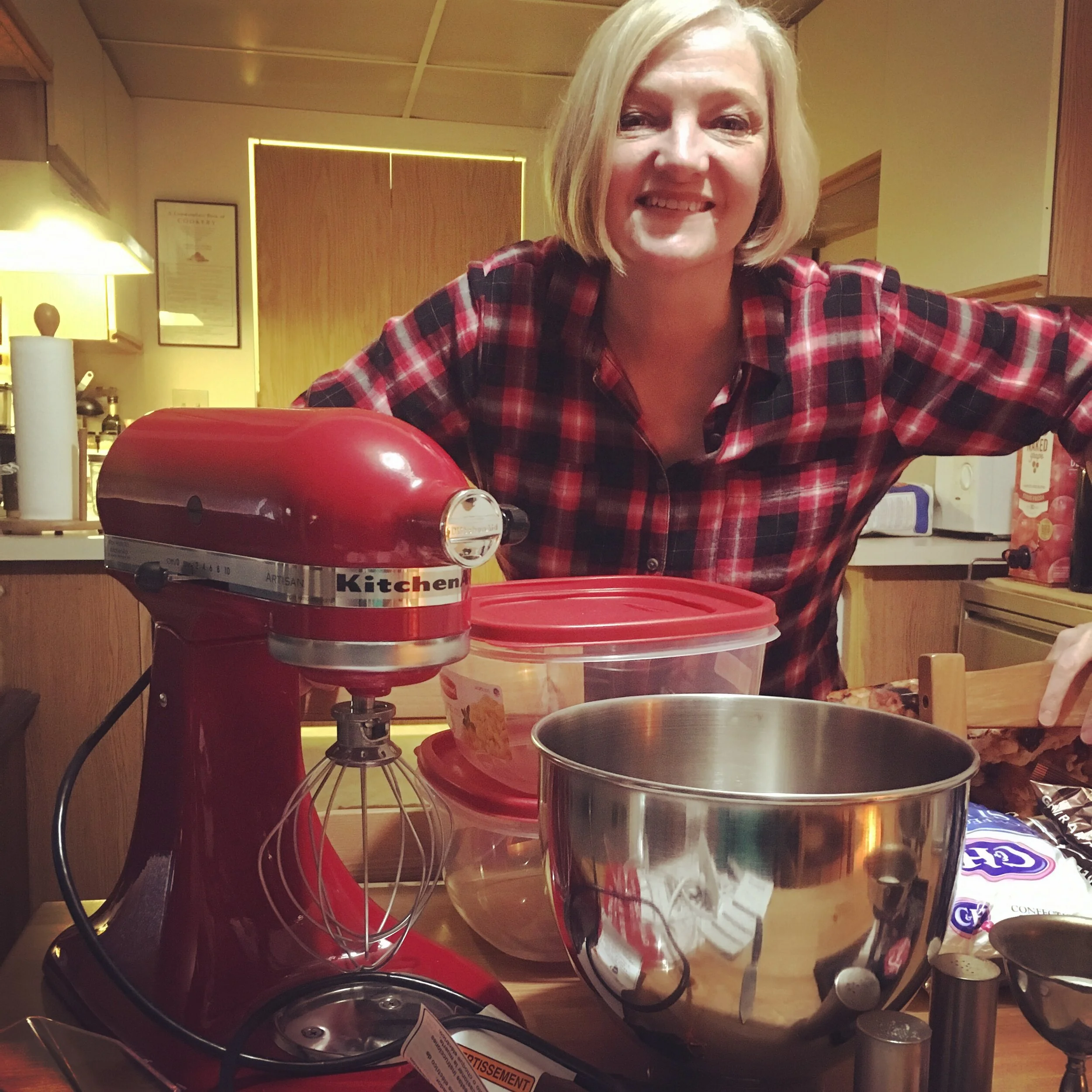A Story that Should Be Told
M.M. Kiehn is a True Crime / Book Club Lit writer who recently worked with Anjuli Rose Editorial. While she has been a lover of writing and literature her entire life, she has spent the last 35+ years as a family law attorney; more specifically as a court appointed Guardian Ad Litem in the last ten years. As she begins to look towards retirement from her legal career, Ms. Kiehn has begun transitioning her life and devoting her time solely to a professional writing career.
The Throw Away is Ms. Kiehn’s premier novel and she came to me at a point where the manuscript had been through a solid fourth draft, but she had received some feedback from a conference instructor and wanted help interpreting it. We worked together to identify the critiques of her work and use those critiques to develop the piece. That development included a chapter restructure in the first fifty pages, stylistic edits within key storyline chapters, and the addition of two new chapters.
I had the delight to spend a few hours talking with Ms. Kiehn about what it is like for her to be a writer; the process she followed for writing The Throw Away as well as her experiences editing through Anjuli Rose Editorial. I think she offers some great advice to new authors, especially new authors who are making choices about editing and might be feeling a sense of imposter syndrome. She reminds us all that if we write, we are a writer.
Anjuli Rose: Why did you want to be a writer?
M.M. Kiehn: I don’t know if I ever thought about why I wanted to be a writer. I just know that I’ve always loved making up stories. When I was a kid I was bullied and played alone a lot. I would make up adventures, stories inspired by what I saw on TV. By the time I was eight or nine I had flown dozens of bombing runs over Bremen in a B17. I have crash landed a B17, twice. I have almost been in a prison camp, but I got my whole team out thanks to help from the French resistance. When I was done with that, I became an assassin and a spy.
My favorite book as a kid was Harriet the Spy. Harriet wasn’t really a spy. She was a writer. She had her turtleneck, glasses, jeans, flashlight. She would watch people and write about them. Her writing had a lot of truth in it which got her in trouble. I identified a lot with Harriet.
Maybe I could have thought about being a writer sooner. But it never hit me that I could be a writer. Nobody ever suggested that. I think it’s something that’s always been in me. I didn’t know until I was fifty-two years old and was seventy-five pages into a first draft. I had sent it to a trusted friend who is also a writer, she posted on Facebook “Dammit, Margaret Mary, you made me cry.” I had been a lawyer for a long time, over 35 years. And I had made a good living, giving me a way to provide for my children. I was focused on representing children, so it was meaningful. But something was definitely missing and had been missing for me for a long time.
I attended a family gathering at my brother’s house. My nieces wanted to learn more about my mother and my father. My father died when I was 22, my mom died when I was 12. My nieces never knew their grandparents, same as my own two daughters. They wanted my brother, who has been the keeper of our family archives, to pull out the boxes and tell the stories. The only person who was sitting in the room who knew about the manuscript I had started was my sister. And when my brother opened a box filled with things from my parent’s school years, one of things he drew out was a sheet of senior year prophecies from my mother’s senior class. My brother skimmed down to Margaret Anne Kiehnau and he read out loud. She had been recognized for some work that she had written and had all really loved by all and they were sure they would be reading her best selling books one day. That was my mother’s senior class prophecy, to be a best selling author. That went straight through my heart. It was in my DNA to be a writer.
“It was in my DNA to be a writer.”
AR: What was it like writing The Throw Away?
MK: I went on a writing retreat to Stillwater, Minnesota in 2007. I wrote eight pages. Those eight pages sat there for three years. Every time I would open them up and read them, I would cry. Not just because what I wrote made me cry. But I would cry because I was like a kid with my nose pressed up against the glass longing for what was on the other side of that glass. And what was on the other side of that glass were words. But I had a career, a job, responsibilities, a family and mental habits that left me thinking that writing was my reward if I could be a good girl and get all my work done. And all too often I would get to the end of my week--end of my weekend even--exhausted. So, writing was my guilty pleasure. And there sat those eight pages.
In 2010, I had a major surgery to remove a football sized tumor. I had to write a will and a letter of intent so my daughters didn’t fight over my cooking stuff and my china. And I got to thinking, here I am, I am going to have this surgery, and it’s just one of those moments in life, not where you are going to be melodramatic and go “Oh, my god, I could die!” but where you really think about the fact that if I did, what am I leaving behind? Two great kids, a wonderful husband, a decent home, cute cats, and eight pages that were going to sit there like orphans in my laptop until its memory was wiped clean and donated somewhere. And that stayed with me.
My surgery turned out to be a whole lot worse than what it was supposed to be. And my recuperation was tough. One thing became very clear to me. If life was getting finite, it was time to really make a commitment to what I loved. So, from 2010 on is when I really began to work. The watershed just broke wide open. I have never had writer’s block on this book. Not one minute. It’s a story that should be told. All my stories are stories that should be told.
AR: Is there anything you can tell us about The Throw Away?
MK: I was interviewed by the Bar Association for lawyer profiles. And they asked me what I thought of what I did. And I said it was kind of like being the “catcher in the rye”. Like Holden Caulfield, I wanted to be the one that stands there while the children play in a field of rye; to keep them from going over the cliff. That’s what it feels like. You want to keep those little lives who didn’t ask to be in the middle of their parent’s contention. Didn’t ask to be placed in jeopardy. They get no vote. And yet their future depends on how these cases turn out.
The Throw Away addresses the heartache that comes with loving to represent kids but not being able to save all of them.
It’s the story of what happens to one child who falls through the cracks in the spaces between laws. The same child has siblings who are helped. The main character, who acts on their behalf, can’t reach the one because of limitations in the system. The whole plot is basically what happens when the unresolved pain from that past collides with an unsuspecting present with lethal force.
AR: Are there any choices you had to make while writing The Throw Away that impacted the book as a whole?
MK: One particularly decisive beta reader, who is a connoisseur of literature, and who I was afraid to give the manuscript to--it was one of those “who the hell do I think I am” moments--read it and she gave me feedback that she really loved my bad characters. She said my villains were developed and complicated.
But my good characters needed to be mucked up a bit.
That feedback was transformational. It meant that I had to be a little more vulnerable as a writer. And I think that it forced me to look back on my own experiences in life and see that really good people under duress do not always make the best choices and have character flaws that make them more endearing to the reader. So that really didn’t change the plot or arc of the story, but what it did was enrich my characters.
AR: You attended a writer’s conference while writing The Throw Away. What was that like for you? (“Write by the Lake” offered by UW Madison Continuing Education)
MK: When we were growing up we used to listen to Hans Christen Anderson stories. My favorite was always The Ugly Duckling. He wasn’t really ugly, and he wasn’t really a duckling, but he didn’t know that. And he never really quite fit in where he was. For me, attending that conference felt a little bit like when he swam out onto the lake seeing these beautiful swans and knows he just has to get close to them even though he knows they are going to dislike him because he’s so ugly. And instead they say “No, no. You are one of us.”
I recommend this conference to anyone, especially novice writers. You’ll learn self critique there. It’s really easy to say “That’s my baby, don’t touch it. Don’t criticize it.” But you know what, your baby isn’t going to become an olympic gymnast if you don’t let the coach offer criticism. So you have to be willing to let it go and let it experience that.
I paid a bit extra at the conference to have my instructor give me a critique of the first 30k words of the book. Her critique was that The Throw Away was a very good start, but that I needed to keep working on it. That told me I needed an editor. I needed someone who would understand the critiques my instructor had given me and work with me on them.
There’s always trepidation. You want to know you are on the right track. Am I really a writer? And that’s scary. You put so much of yourself in something. And you just have to have that courage of conviction.
AR: Can you describe the edits you worked on with your editor?
MK: The biggest takeaways for me, besides the more detailed editing in different passages, was the vast improvement to the telling of the story by changing the structure of the book. Changing the order of the chapters. By seeing the whole vision of the project, seeing that it really was a part one and a part two at a point of convergence of two plot lines. She understood these kinds of things.
For a long time, a lot of my reading has been non-fiction. But I do love well written fiction. I will stay with a writer even if the story is a little slow if the characters grab me. But my readers? I need to be thinking about them. Not so much that I would have my free expression squelched. But in the sense of thinking “how will this look to them?” I know, as the writer, what’s coming in the story, my readers do not. So that’s I think one of the things my editor really helped me see; to remember my reader. As the writer you see all of the people, you see the full story, you see the arc. The reader is exploring for the first time, you're taking them on that exploration. You have to hold their hand. And as a writer if you get too lost, too in love with some passage you wrote, that’s getting in the way of that, time to grow up, time to put your big girl pants on. And take some advice. And I really feel like that is what my editor did. Structurally vastly improved the book.
She also stylistically improved the book. There’s two plot lines that are converging. And in order to stylistically separate them, my editor offered ideas that just completely transformed it into a professional effort.
“There is a distinction between that kind of integrity of telling your truth and just being wise in your word choice.”
AR: Was there anything in the editing process you didn’t like or made you uncomfortable?
MK: Probably the one thing was a description of a very, very incidental character. And my style of writing is that people are messy and not all pretty and perfect. So I gave a description of this character in vernacular that I felt was culturally normative for the area that this book takes place. And my editor encouraged me to do it in a way that shows what I was trying to convey rather than using explicit descriptors. Because those words could be offensive.
I want to say this, though, I don’t think any writer, if they are going to have integrity, should sit there worrying about whether something will offend. I doubt Truman Capote worried about it, I know Earnest Hemingway didn’t. I don’t even think Margaret Atwood worries about whether she offends people. But I think there is a distinction between that kind of integrity of telling your truth and just being wise in your word choice. And I do feel in the end the editing suggestions I received prompted me to re-write that section and it actually made it better while maintaining what I was trying to say.
AR: What is your metaphor for writing and editing?
MK: I love to cook. I am known for my pies. Writing is kind of like making a great pie crust. You know from the feel of it, the pinching off a bit of it, the taking a taste if a crust is going to be good. It still needs time, though. To chill so that the gluten releases. Time for the beautiful shortening and fat that you put in there to do its thing. Because, let’s be honest, there’s no great pie crust without that. (Go eat some celery if that bothers you). And preparing the filling. That’s the writing part.
Editing is when you roll that dough out. And you get it to just the right consistency, and line the pie dish; cutting, crimping. Editing is everything you do to make it look absolutely spectacular and then put it in the oven. You do not get that pie coming out of the oven looking perfect if it’s just a lump of dough in the refrigerator and a bowl of filling, waiting.
The Throw Away is currently being queried. If you are an agent and interested in representing M.M. Kiehn, please reach out! anjuliroseeditorial@gmail.com



